DAC / Network Player Gustard X26 III Negru
Prețul inițial a fost: 8.315 lei / Bucata.7.899 lei / BucataPrețul curent este: 7.899 lei / Bucata.
- Descriere
- Specificații
- Informații suplimentare
- Sfaturi practice
- Producător
- Recenzii (0)
Descriere
Gustard X26IIIDAC 2x ES9039SPRO NOS 32bit 768kHz DSD512 Streamers LAN Roon Airplay Upnp Black
Gustard’s X26III is a balanced DAC and streamer based on two top-of-the-range ES9039SPRO DAC chips, offering accurate conversion of PCM up to 32bit 768kHz and DSD up to DSD512, as close as possible to the original. Its extensive connectivity means it can be used in a wide range of configurations. Furthermore, as the X26 takes CelWare 3.x as its software base, it is compatible with Room Bridge, Airplay, HQPlayer NAA, UpnP, mC Mconnect, Bubble UpnP, Spotify and QQMusic protocols.
Gustard X26III: Dual DAC ES9039SPRO
The X26III uses two ESS ES9039SPRO flagship chips for digital-to-analog conversion, one for each of the left and right channels, each independently powered. These high-end chips enable conversion up to PCM 32bit 768kHz and DSD512. A NOS mode is also available.
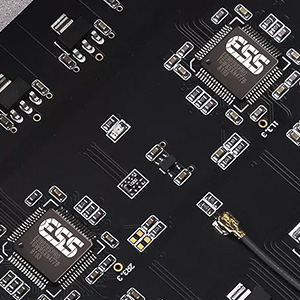
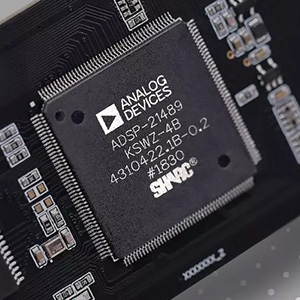
Gustard X26III: SHARC DSP
The X26III is also equipped with a high-performance digital filtering solution developed on the Analog Device SHARC DSP platform specifically for digital audio, whose main objective is to reduce aliasing noise in the frequency range of digital audio. This filter improves sound quality by increasing the scale and shaping the noise of the raw digital audio signal. The anti-aliasing algorithm and high-precision 64-bit floating-point operation used in this program ensure sound reproduction of pristine quality.
Gustard X26III: Gustard FPGA
Here, Gustard deploys its own FPGA for signal reconstruction, clock signal management, shaping of the second phase-locked loop, DOP demodulation and denoising of PCM and DSD signal switching noise.

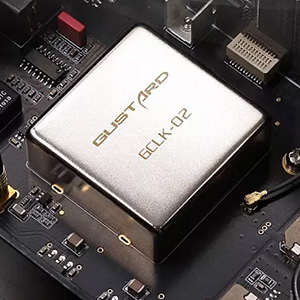
Gustard X26III: GCLK internal clock
The X26III uses a GCLK clock module and a high-performance clock frequency synthesizer that uses advanced PLL (Phase Locked Loop) technology to ensure clock signal stability and accuracy. The design of this module allows it to use either a local clock source or an external 10Mhz clock signal, giving you a qualitative and flexible clock solution.
Gustard X26III: Discrete low-pass filter
The low-pass filter at the output of the ES9039SPRO DAC chips has been designed using Class A discrete circuits. This approach enabled Gustard to fine-tune the filter as much as possible during the design phase, resulting in a warm, natural-sounding sound reproduction with non-existent noise and distortion.
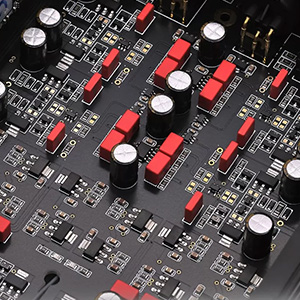

Gustard X26III: CelWare 3.x
The X26III is based on CelWare 3.x. This OS uses a linux kernel optimized for audio signal input and output, and is compatible with Room Bridge, Airplay, HQPlayer NAA, UpnP, mC Mconnect, Bubble UpnP, Spotify and QQMusic protocols. You can easily activate or deactivate the various protocols by using your PC browser and typing ‘//x26.local’.
Gustard X26III: XMOS USB interface
The X26III also features a USB XMOS XU216 interface, enabling it to support signals up to PCM 768kHz and DSD512.
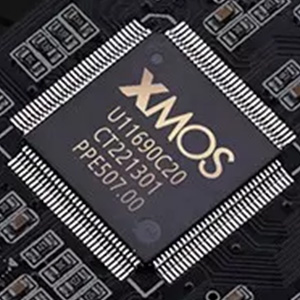
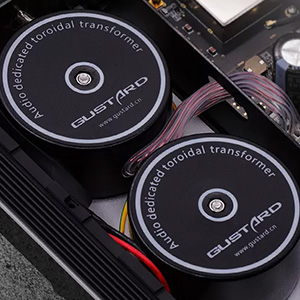
Gustard X26III: Power supply
The X26III uses two transformers to supply the digital and analog parts of the device independently, ensuring total absence of interference. Furthermore, each channel benefits from filter capacitors to ensure a stable voltage and an absolute absence of parasitic noise.
Gustard X26III: I2S pinout
| Product type | DAC Streamers |
| Inputs | 1x USB-B 1x RJ45 1x HDMI I2S 1x Coaxial 1x AES/EBU 1x Optical Toslink 1x BNC clock input (50Ω) 1x USB-C |
| Outputs | 1x Single-ended stereo RCA 1x Balanced stereo XLR |
| DAC chips | 2x ES9039SPRO |
| USB interface | XMOS XU216 |
| Supported sampling rates | COAX/AES/OPT: PCM 24bit 192kHz / DSD DOP64 / MQA USB: PCM 32bit 768kHz / DSD DOP256 /Native DSD512 / MQA RJ45: PCM 32bit 768kHz / DSD DOP256 /Native DSD512 / MQA I2S: PCM 32bit 768kHz / DSD DOP256 /Native DSD512 / MQA |
| Network protocols | Room Bridge Airplay HQPlayer NAA UpnP mC Mconnect Bubble UpnP Spotify QQMusic |
| Frequency response | 20Hz – 20kHz (±0.3dB) |
| Dynamic range | 128dB |
| Signal-to-noise ratio (SNR) | 127dB |
| Crosstalk | -132dB @10kHz |
| Total harmonic distortion more noise (THD+N) | ≤ 0.0001% @ 1kHz |
| Intermodulation (IMD) | ≈ 0.001% @ -1dBFS |
| Output level | RCA 2.5Vrms (fixed volume) XLR: 5.1Vrms (fixed volume) |
| Output impedance | 100Ω |
| General | |
|---|---|
| Power supply voltage | 115V/230V AC 50Hz/60Hz (Selectable) |
| Consumption | < 25W |
| Dimensions | 330 x 260 x 65mm |
| Weight | 7kg |
| Color | Black |
| Package | 1x Gustard X26III 1x Remote control 1x USB-A to USB cable-B 1x Power cord |
Informații suplimentare
| Producător | |
|---|---|
| Disponibilitate | La Comandă * Se aduce la comandă in 3-6 zile. |
| Unitate Pret | Bucata |
Explicatii in ceea ce priveste rodajul echipamentelor, cat si al cablurilor, asezarea optima a echipamentelor in camera de auditie, importanta acusticii camerei si nu in ultimul rand sistemul de alimentare a intregului echipament:
PENTRU BOXE:
- Pentru performante optime este necesara pozitionarea boxelor la o distanta de minim 30-40cm de peretele din spate pentru boxele cu bass-reflex in spate, pentru cele cu bass-reflex in fata, recomandam pozitionarea la o distanta de 10-20cm fata de peretele din spate, dar totodata la o distanta de cel putin 50cm fata de peretii laterali. Tineti cont de faptul ca orice piesa de mobilier din incapere, joaca rol de absorbtie fonica, dar si de difuzie fonica daca acestea din urma sunt din materiale ceramica sau oglinzi, geamuri sau alt material reflectorizant. In acest sens, gasiti pe blogul nostru, multiple articole care va pot ajuta
- Boxele vor ajunge sa functioneze in parametrii recomandati de producator, dupa minim 50 de ore (ideal 100 ore) de functionare la volum mediu. In aceasta perioada de timp, de “rodaj a boxelor”, sunetul va fi la inceput mai artificial, bass-ul nu va fi inca controlat, inaltele rigide iar vocile usor retinute, pe masura ce boxele vor functiona, veti remarca cum bas-ul devine mai controlat, mai prezent si mai voluminos, vocile si sunetele medii devin naturale si mai echilibrate, iar inaltele devin rafinate si detaliate. Exista boxe care necesita un „rodaj” mai amplu de minim 300 de ore mai ales in cazul celor care au difuzoare de kevlar, carbon sau alte materiale de acest tip. Boxele care se „rodeaza” cel mai repede sunt cele care au difuzoare de celuloza.
Imbunatatirea sunetului unui sistem audio stereo (Partea I)
Imbunatatirea sunetului unui sistem audio stereo – (Partea II)
PENTRU AMPLIFICATOARE, DAC-URI, PREAMPLIFICATOARE, RECEIVER STEREO & HOME CINEMA, SURSE DIGITALE AUDIO-VIDEO:
- Pentru performante optime este necesar „rodarea” echipamentului, In functie de complexitatea componentelor din aparatul dumneavoastra acesta poate dura intre 30-200 ore.
- Rodajul se face la volum minim, fiind astfel suficient faptul ca acesta este alimentat corect conform manualului de utilizare la 220-230 Volti si trece semnal audio sau video dupa caz prin el.
- Echipamentul supus „rodajului” va ajunge sa functioneze in parametrii recomandati de producator, dupa perioada mai sus mentionata. In aceasta perioada de timp, de “rodaj”, sunetul va fi la inceput ceva mai artificial, bass-ul nu va fi inca controlat, inaltele rigide iar vocile usor retinute, pe masura ce echipamentul va functiona, veti remarca cum bas-ul devine mai controlat, mai prezent si mai voluminos, vocile si sunetele medii devin naturale si mai echilibrate, iar inaltele devin rafinate si detaliate.
- In ceea ce priveste echipamentul video precum videoproiector, TV, media player, blueray player, necesita un "rodaj" de cel putin 50 de ore. Lipsa acestuia nu va poate oferi maxim de performanta. "Rodajul" se efectueaza prin simpla utilizare a acestuia, intr-un mod conform specificatiilor mentionate de producator.
PENTRU CABLURI:
- Pentru performante optime este necesara „rodarea” cablurilor, In functie de complexitatea conductorului folosit, cat si geometriei acestuia, „rodajul” poate dura intre 30-100 ore.
- Rodajul se face la volum minim, fiind astfel suficient faptul ca va trece semnal audio sau video dupa caz prin el.
- Cablul supus „rodajului” va ajunge sa functioneze in parametrii recomandati de producator, dupa perioada mai sus mentionata. In aceasta perioada de timp, de “rodaj”, sunetul va fi la inceput ceva mai artificial, pe masura ce cablul va functiona, veti remarca cum bas-ul devine mai controlat, mai prezent si mai voluminos, vocile si sunetele medii devin naturale si mai echilibrate, iar inaltele devin rafinate si detaliate.
Articole indrumatoare:
Tratamentul Acustic si Izolarea Fonica
Pentru un sistem echilibrat, trebuie tinut cont pe langa asezarea corecta a boxelor in incapere, al echipamentelor, sistemul de alimentare al acestora, tinand cont de instalatia electrica a locatiei.
Pentru detalii privind aceste aspecte de rodaj si nu numai, va rugam sa ne consultati!

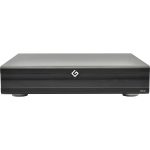
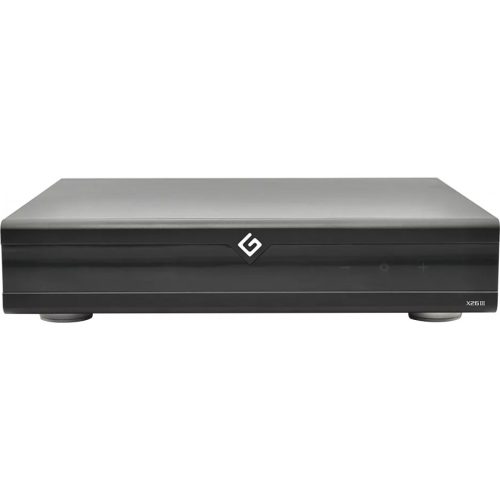
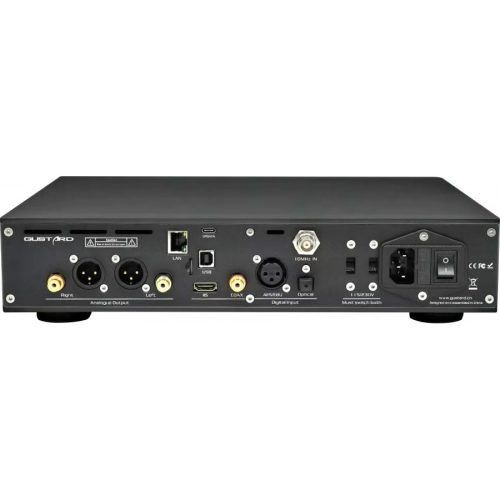
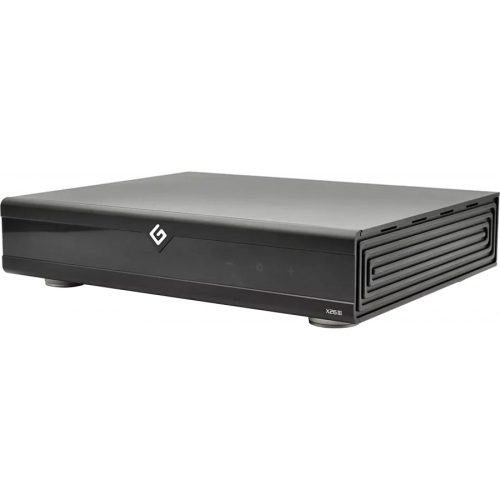
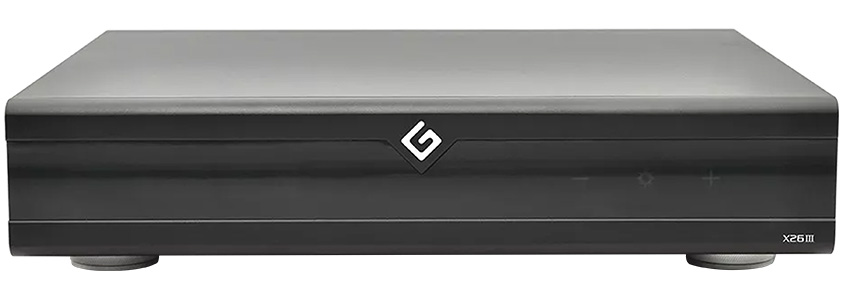
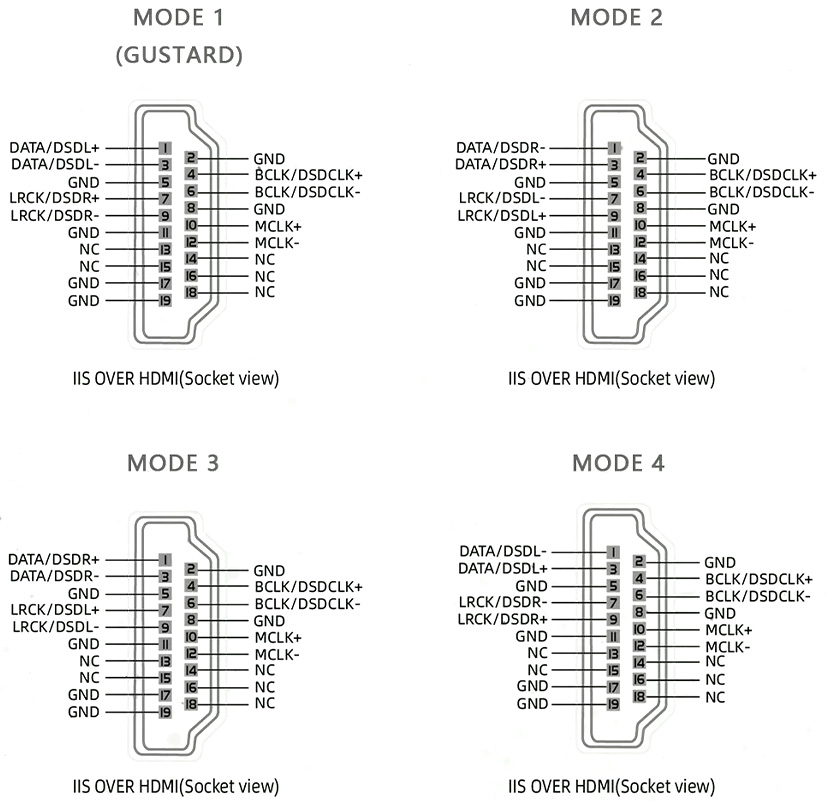
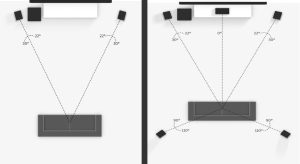
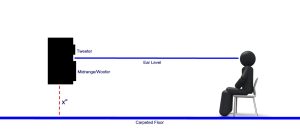
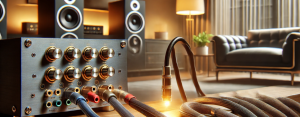



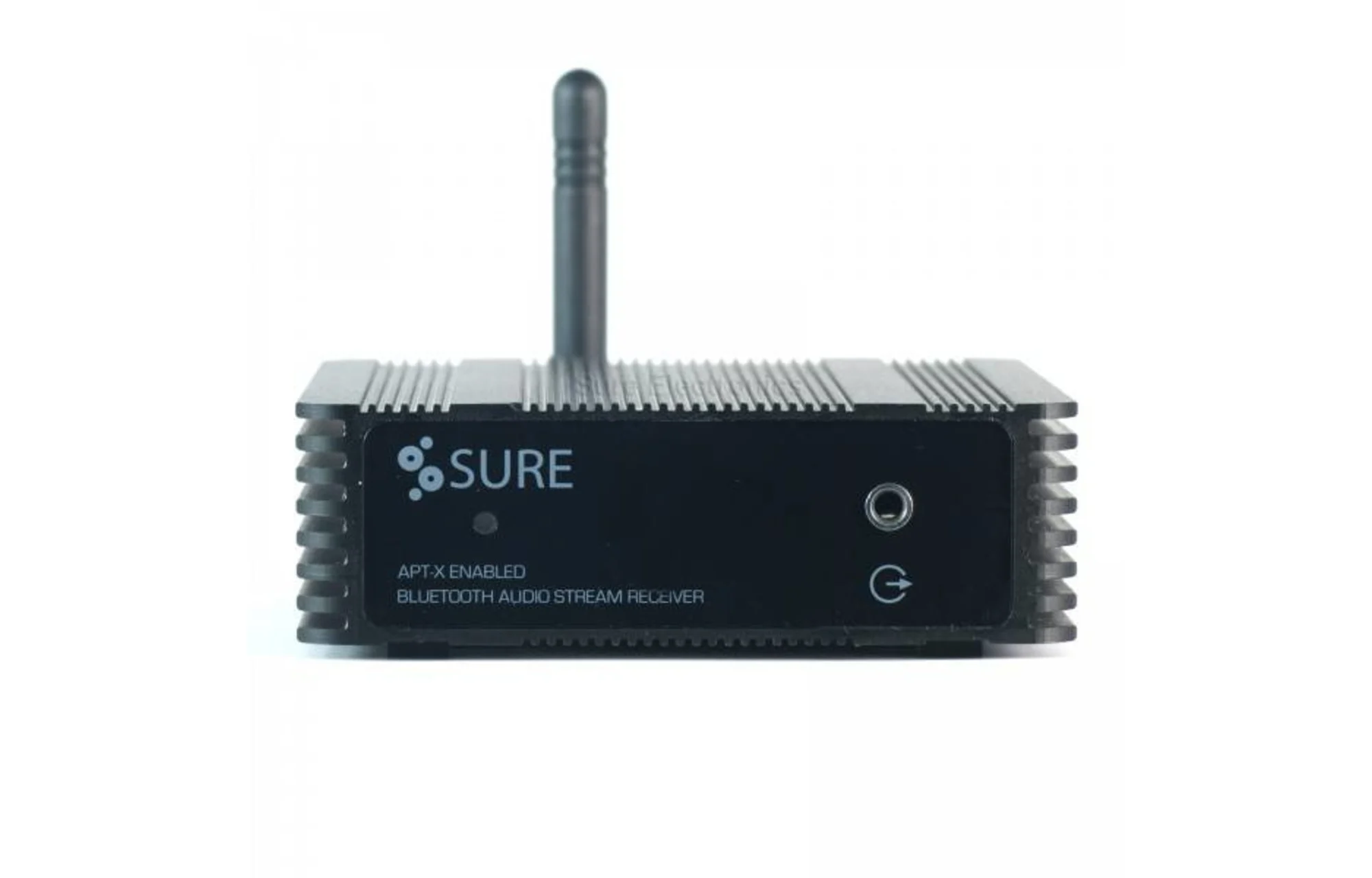
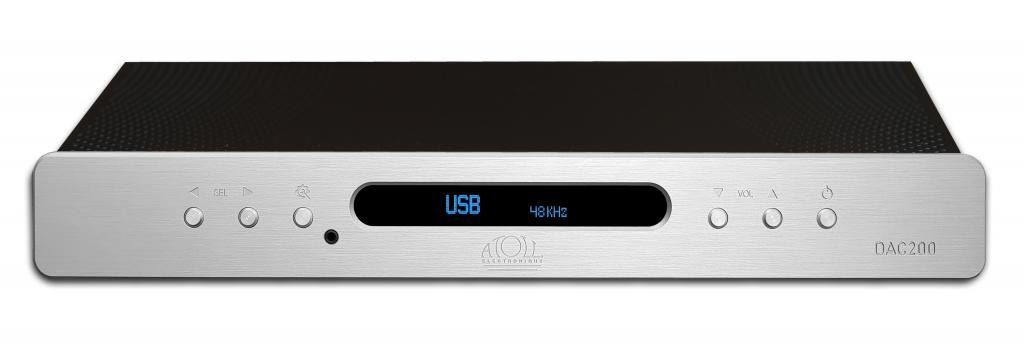

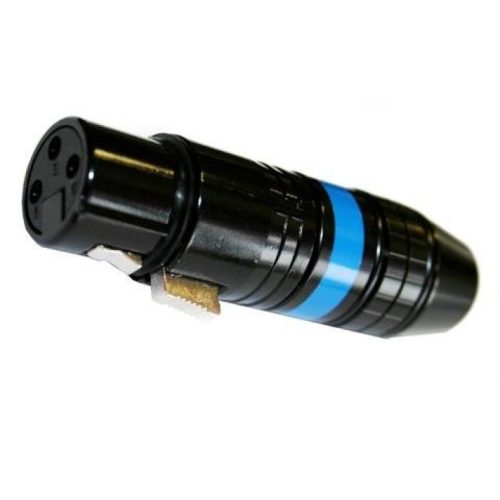
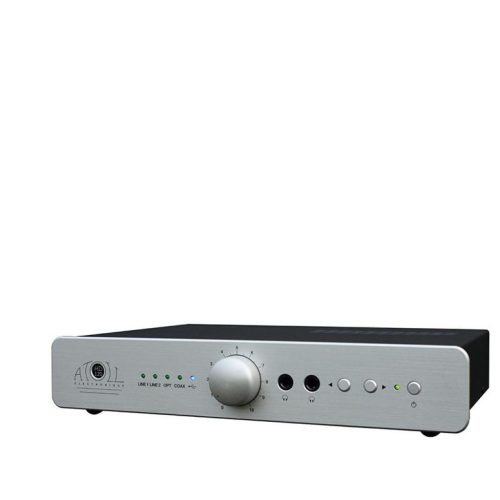
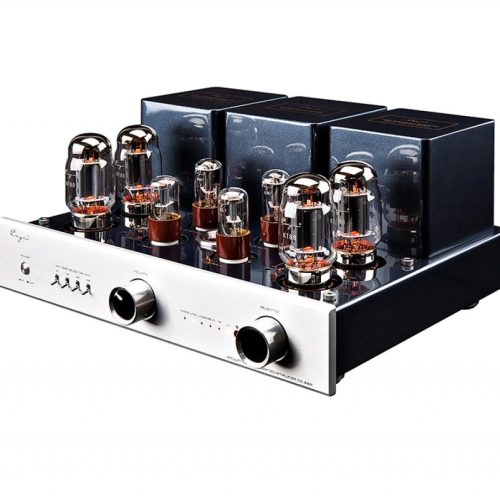
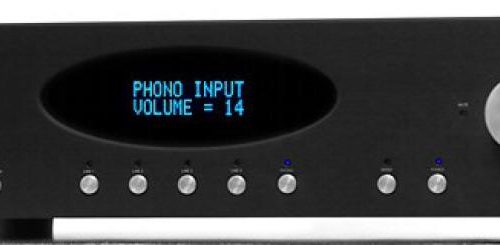
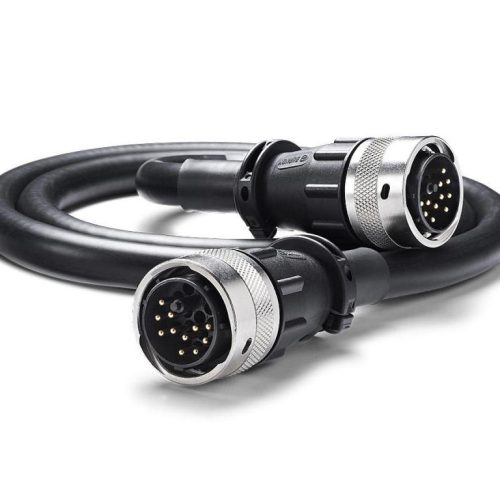

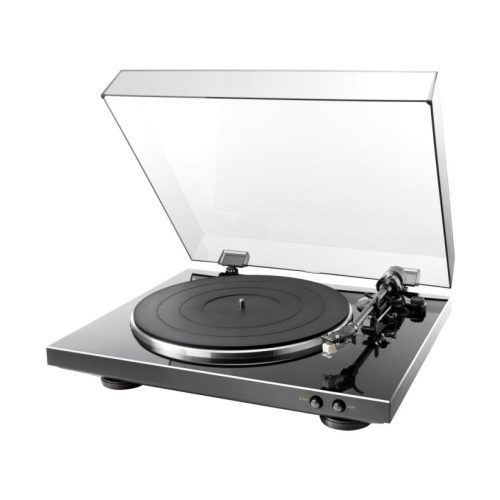
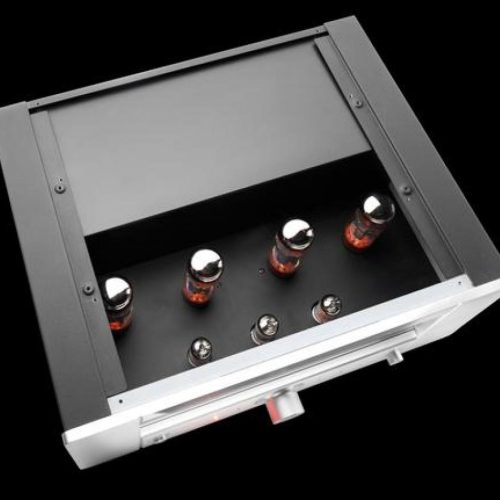
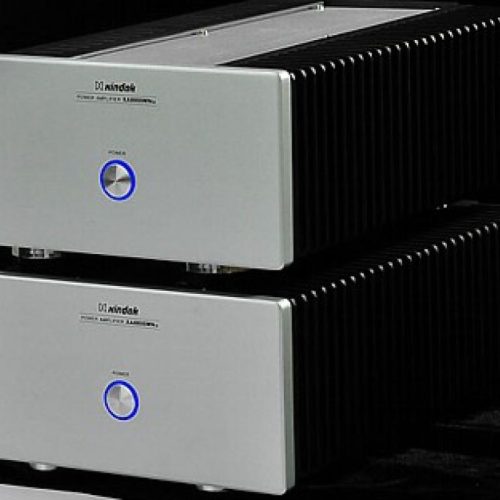
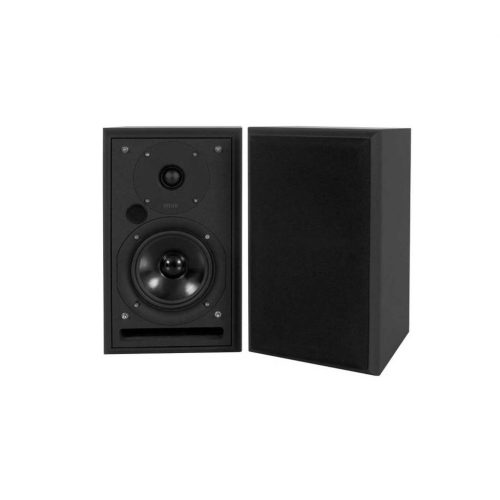
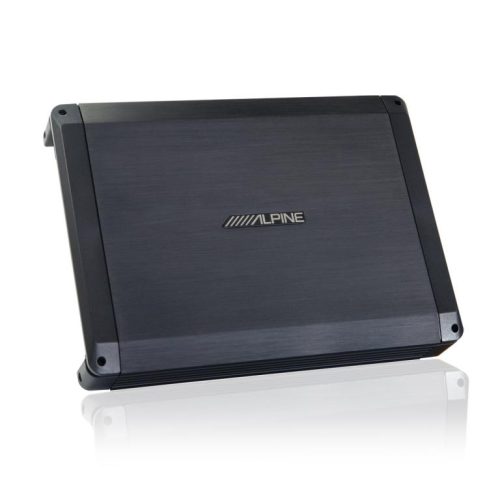



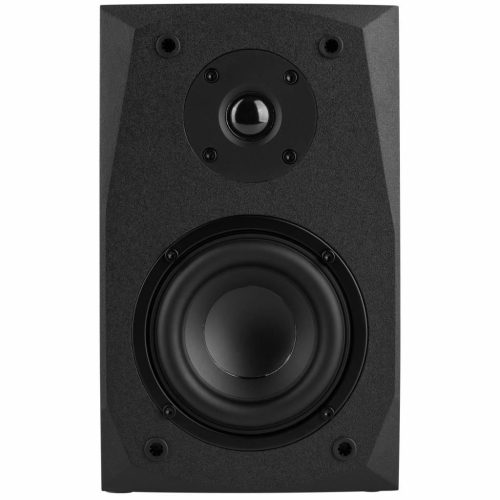
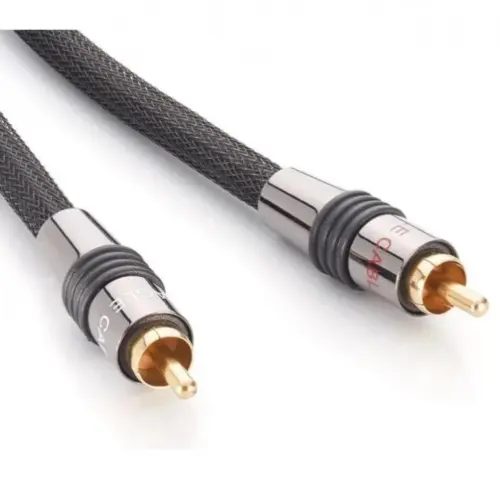



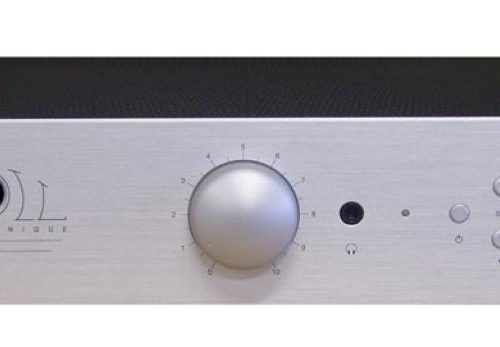
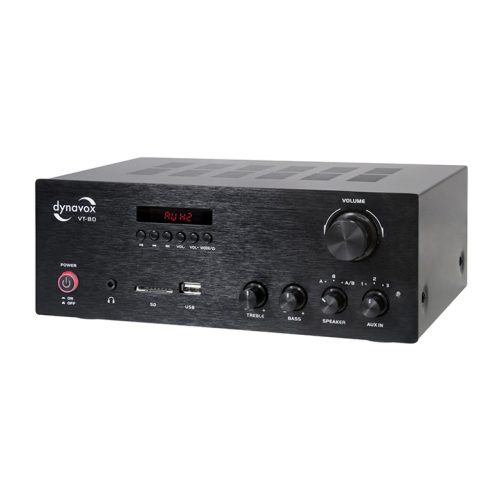
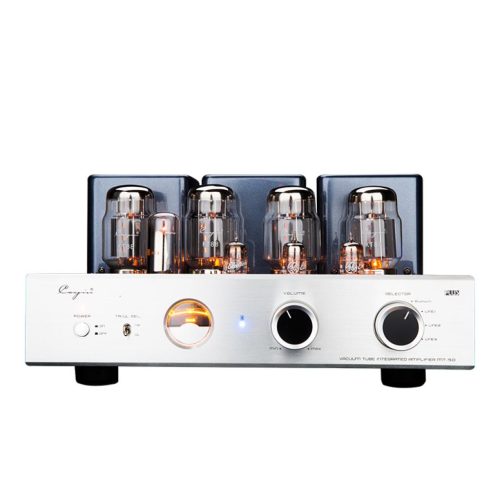
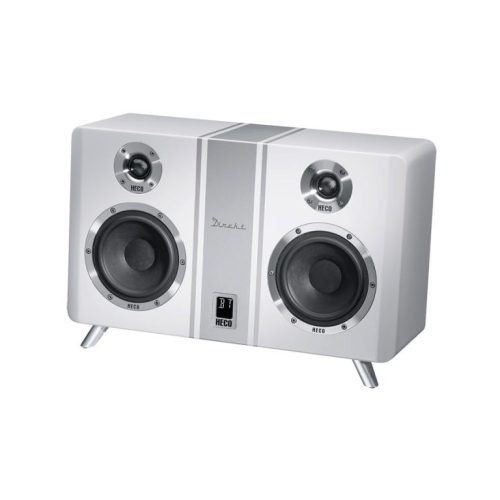
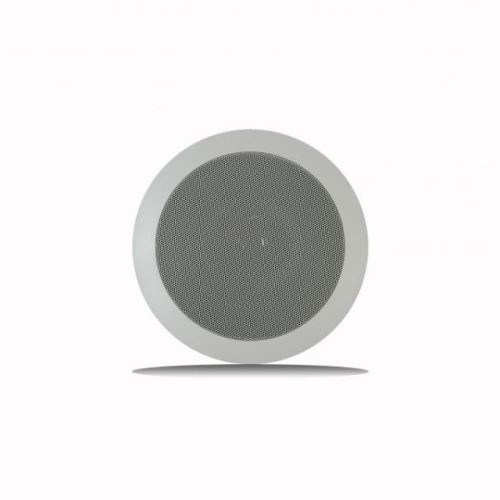

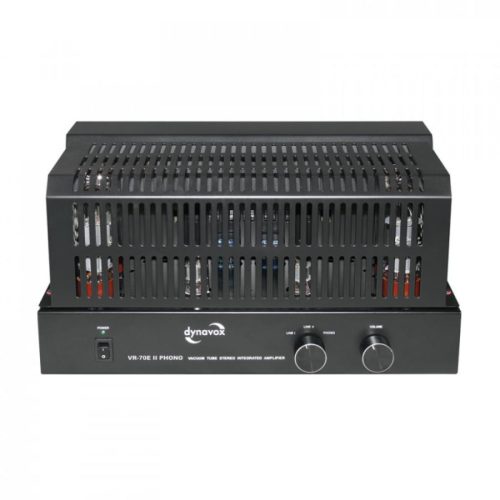

Recenzii
Nu există recenzii până acum.